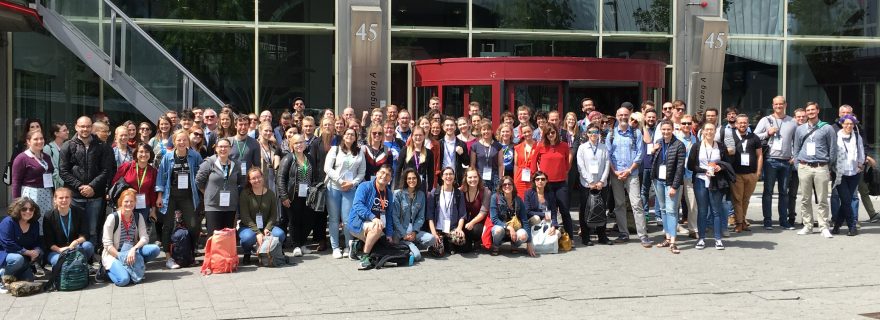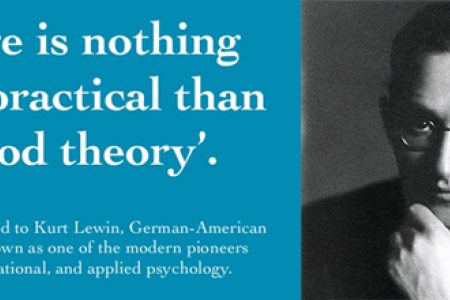When Social Sciences become social movements!
This summer, a look at trending twitter hashtags led to some confusion. Leiden proudly hosted the SIPS conference on placebo studies. But #SIPS2019 was already being used for a different SIPS conference taking place in Rotterdam at the same time!
That #SIPS2019 conference was the annual meeting of the Society for the improvement of Psychological Science. Tickets for this event had sold out before the early bird period ended - but two brave Research Master students from Leiden were lucky enough to slip in during expansion rounds...
What is the Society for the improvement of Psychological Science?
Let's put it this way: It's a friendly crowd of (mostly) young researchers from various psychological sub-disciplines, united in a mission to make the world psychology a better place science.
👨🏼💻 "Excuse me, what exactly is there to improve about psychological science?"
💁🏽♀️ "Well, the story begins back in 2011, when the replication crisis struck…”
Many key findings in psychology have been called into question because they failed to replicate or led to inconsistent results. Remember the pencil between your teeth that is supposed to make people happier? Turns out: not! This leaves the field with a great amount of uncertainty about the veracity of scientific findings and published studies. However, most of those studies weren’t fake science, nor were data fabricated like in the famous case of Diederik Stapel. Rather, the scientific apparatus seems to be stuck in bad habits, the famous ones being p-hacking, HARKing, exploiting analytic flexibility, or selective reporting. These are common and mostly not due to malintent, but they do have real life consequences: treatment or policy decisions may end up being based on chance findings! So what reinforces these bad habits? It seems like incentive structures - let’s call them the politics and economics of science - are structurally misaligned with the idea behind the scientific method we are taught in any introductory psychology class: Scientific journals and the scientific job market reward quantity of publications over quality, and novelty of findings over scientific rigor. On top of that, popular media also still have a tendency to favor shocking headlines over scientific caution. All of this has been a huge setback to the scientific community, but certainly has not gone untackled.
Make Psychology great again!
More and more people in the field are taking a head-on approach to deal with the issues at hand. They have created podcasts[1 , 2, 3, 4] or founded initiatives promoting this thing called Open Science: scientific research whose practices are rigorous and transparent, aiming at reproducibility, replicability, and accessibility to the public. At the SIPS meeting 2019 in Rotterdam, it became clear that Open Science is more than methodological terrorism, but has become a social movement which actively aims to be inclusive and safe. The unique format of this meeting promotes a very horizontal, collaborative culture. The program was built around small-group sessions, where people got together based on interest and either learned something new during a workshop, solved a problem together during a hackathon, or spontaneously pitched new ideas they find worth discussion during a lightning talk. You didn’t find a single student poster boasting of “significant*** results”. Instead, the pre-study posters (e.g. this one) featured detailed analysis plans to invite feedback before the study was conducted. While the variety of interesting topics made it rather overwhelming to pick your own priorities, you could ease some of the FOMO by reading up on what had happened in the other sessions: All minutes and working documents were shared openly, as were the resulting products and initiatives, and also the fun things.
What made SIPS the place to be for us Master's students?
In contrast to other conferences that - let’s be honest - involve a lot of awkward standing in the corner and tiredly trying to focus on the last keynote of the day, SIPS was packed with meaningful interactions, productive workshop sessions, and open, self-critical discussions.
Was it still awkward to attend SIPS as a Master’s student without 200 twitter followers or any publications to brag about? Yes. I mean… meeting all those friendly, smart people you look up to in person is intimidating. But unlike at other conferences, we actually learned so much by being there, which will help us not only academically, but also personally. Not only did it boost our faith in science and our field, we also harnessed great motivation not to sacrifice our naive idealism to business. Even as students, there are things we can do to join the credibility revolution, e.g., pre-register our Master thesis, or share the data we collected.
Above all, we should remember that we cannot do science on our own, and that there is a crowd that has our back when we’re giving it our best.
Curious about more? Get involved by becoming a member of the Open Science Community Leiden, joining a session of the ReproducibiliTea journal club, or just have a chat during the open science lunches! We’re looking forward to meeting you.






